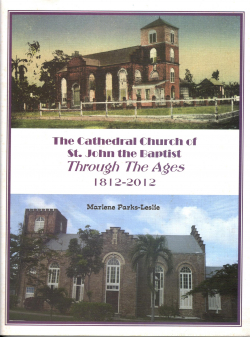The Economic History of Belize

Buy online ($)
Type
Book
ISBN 10
9768161396
ISBN 13
9789768161390
Category
Unknown
[ Browse Items ]
Publication Year
2012
Publisher
Pages
214
Description
This is the first economic history of Belize covering the period from the 17th century to post-independence. The book begins with the myth of Peter Wallace, who was widely believed to have been the first British settler, however this is shown to be false. It then explores the economic system established by the first settlers in the late 17th century that was almost exclusively centred on the export of logwood. This logwood economy operated outside the British imperial system until the Treaty of Paris in 1763, when Belize became a British settlement. In the next century the economy became more diversified through both the export of mahogany as well as the entrepot trade with Central America. When Belize became a British colony in 1862, it coincided with the decline of the entrepot trade and a crisis in the world mahogany industry. This led to an attempt by the British authorities to introduce agricultural exports. The Belize Botanic Station was founded in 1892 to promote economic diversification and agricultural exports, which tried various ways to end the colony s total dependence on forestry. However, these efforts were insufficient and the economy went into serious decline before devaluation at the end of 1949. By the time of independence in 1981, the economy had become much more diversified, but Belize's position still compared unfavourably with the rest of the Caribbean. The performance of the economy since independence has been very volatile with periods of boom followed by slumps leading to high unemployment and a deterioration in income distribution. The reasons for this are examined in detail, while the authors conclude with a series of policy recommendations designed to improve Belize's long-run economic performance. - from Amzon
Number of Copies
1
| Library | Accession No | Call No | Copy No | Edition | Location | Availability |
|---|---|---|---|---|---|---|
| Main | 52 | 1 | Yes |




